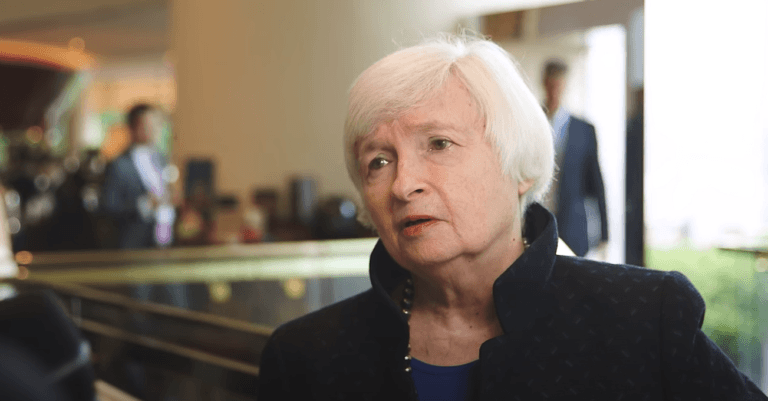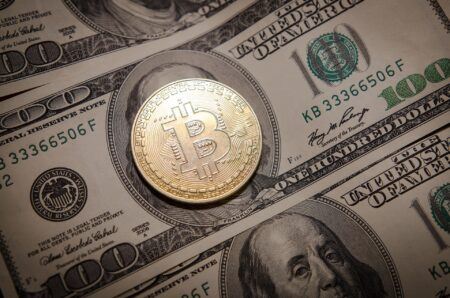This article looks at what Former Federal Reserve Chair Dr. Janet Yellen, the person who is expected to be the next U.S. Treasury Secretary, has said in the past about Bitcoin and blockchain technology.
On November 23, the Wall Street Journal (WSJ) reported that President-elect Joe Biden will nominate Yellen to become his secretary of the Treasury, “according to people familiar with the decision.” Of course, his nomination would have to be confirmed by the U.S. Senate.
Yellen “served as the Chair of the Federal Reserve from 2014 to 2018, and as Vice Chair from 2010 to 2014.”
According to a recent report by Coindesk, all of Yellen’s comments about cryptocurrency and blockchain technology in general came while she was working as the Fed chair:
- February 2014: “The Fed doesn’t have authority to supervise or regulate bitcoin in any way.”
- October 2015: “We do not interpret bitcoin’s popularity as having a relationship with the public’s view of the Federal Reserve’s conduct of monetary policy.”
- September 2016: “[Blockchain] could have very significant implications for the payments system and the conduct of business.”
- January 2017: “[Blockchain] is a very important, new technology that could have implications for the way in which transactions are handled throughout the financial system.”
- December 2017:
- “It [i.e. Bitcoin] is not a stable store of value and it doesn’t constitute legal tender. It is a highly speculative asset.”
- “The Fed doesn’t really play any role, any regulatory role with respect to bitcoin other than assuring that banking organizations that we do supervise are attentive that they’re appropriately managing any interactions they have with participants in that market, and appropriately monitoring anti-money laundering [and] Bank Secrecy Act responsibilities that they have.”
- October 2018: “I will just say outright I am not a fan [of Bitcoin], and let me tell you why. I know there are hundreds of cryptocurrencies and maybe something is coming down the line that is more appealing but I think first of all, very few transactions [that] are actually handled by bitcoin, and many of those do take place on bitcoin are illegal, illicit transactions.”








